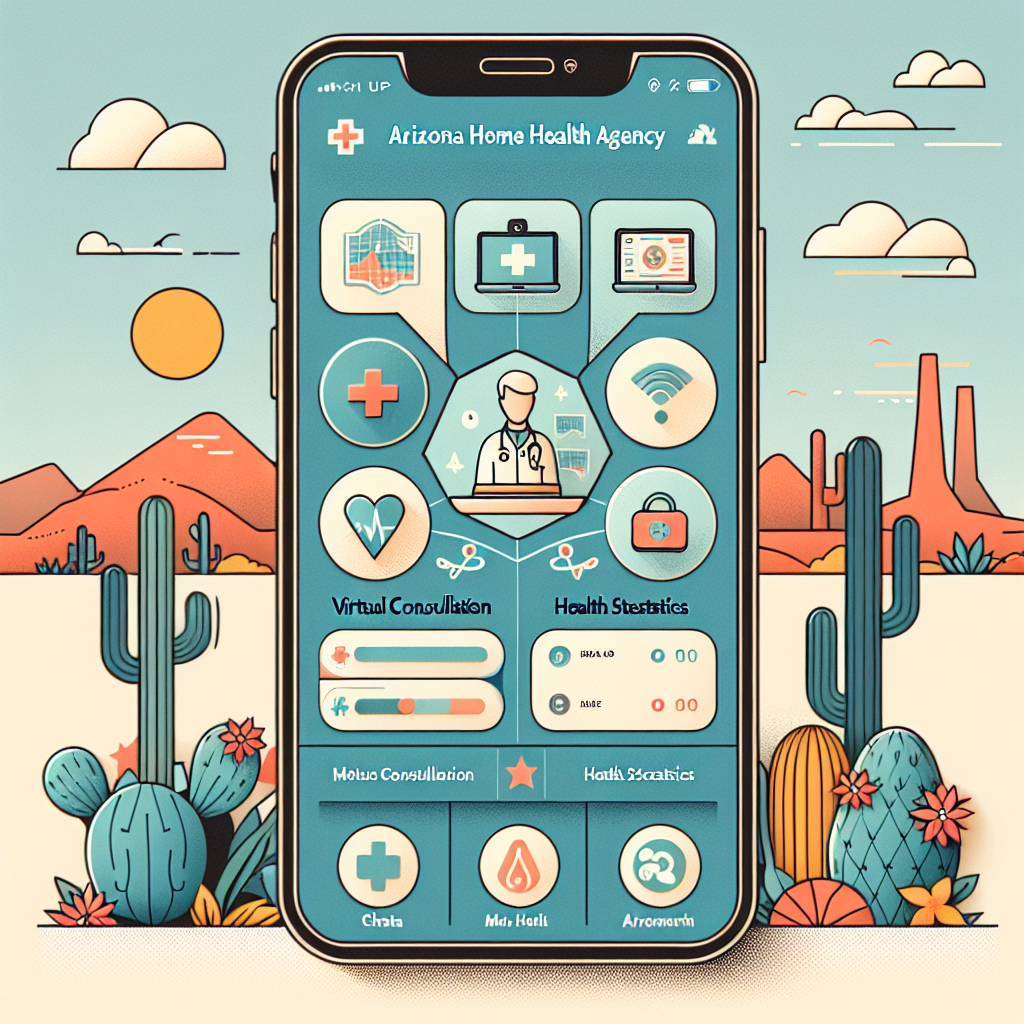2025: The Era of Tech Accountability and the Authentic AI Revolution
As we approach 2025, the landscape of technology is undergoing a seismic shift. The rapid advancements in artificial intelligence (AI) and the increasing scrutiny of tech companies are leading us into an era characterized by accountability and authenticity. This article explores the key themes shaping this new era, including the evolution of AI ethics, regulatory frameworks, the role of transparency, the impact of public sentiment, and the future of human-AI collaboration.
The Evolution of AI Ethics
The ethical considerations surrounding AI have evolved significantly over the past decade. As AI systems become more integrated into daily life, the need for ethical guidelines has become paramount. In 2025, we are witnessing a convergence of ethical frameworks that prioritize human rights, fairness, and accountability.
One of the most significant developments in AI ethics is the establishment of comprehensive guidelines by various organizations and governments. For instance, the European Union has proposed regulations that aim to ensure AI systems are transparent, non-discriminatory, and accountable. These regulations are designed to protect individuals from potential harms caused by AI, such as biased decision-making in hiring or law enforcement.
Moreover, tech companies are increasingly adopting ethical AI frameworks. Companies like Google and Microsoft have published their AI principles, which emphasize fairness, privacy, and accountability. These principles guide the development and deployment of AI technologies, ensuring that they align with societal values.
- Case Study: IBM’s AI Ethics Board – IBM has established an AI ethics board to oversee its AI initiatives. This board is responsible for ensuring that AI technologies are developed responsibly and ethically, addressing concerns related to bias and discrimination.
- Statistics: Public Trust in AI – According to a 2023 survey by Pew Research Center, only 30% of Americans trust AI to make fair decisions. This statistic underscores the importance of ethical considerations in AI development.
As we move forward, the integration of ethical considerations into AI development will be crucial. Companies that prioritize ethics will not only enhance their reputation but also build trust with consumers, which is essential for the long-term success of AI technologies.
Regulatory Frameworks: A New Era of Accountability
The regulatory landscape for technology is evolving rapidly, with governments around the world recognizing the need for accountability in the tech industry. By 2025, we can expect to see more robust regulatory frameworks that hold tech companies accountable for their actions.
One of the most significant regulatory developments is the implementation of data protection laws, such as the General Data Protection Regulation (GDPR) in Europe. These laws impose strict requirements on how companies collect, store, and use personal data. As a result, companies must be transparent about their data practices and ensure that they are protecting user privacy.
In addition to data protection, there is a growing focus on regulating AI technologies. Governments are beginning to draft legislation that addresses the ethical implications of AI, including issues related to bias, accountability, and transparency. For example, the proposed AI Act in the European Union categorizes AI systems based on their risk levels and establishes requirements for high-risk applications.
- Case Study: California Consumer Privacy Act (CCPA) – The CCPA is a landmark privacy law that gives California residents greater control over their personal information. It requires companies to disclose how they collect and use data, setting a precedent for similar laws across the United States.
- Statistics: Global Regulatory Trends – A 2024 report by McKinsey & Company found that 70% of tech companies expect increased regulatory scrutiny in the coming years, indicating a shift towards greater accountability.
The emergence of these regulatory frameworks signifies a new era of accountability in the tech industry. Companies that fail to comply with regulations may face significant penalties, which will incentivize them to prioritize ethical practices and transparency.
The Role of Transparency in Tech Accountability
Transparency is a cornerstone of accountability in the tech industry. As consumers become more aware of the implications of technology on their lives, they demand greater transparency from companies regarding their practices and policies.
In 2025, we are witnessing a shift towards open communication between tech companies and their users. Companies are increasingly disclosing information about their algorithms, data usage, and decision-making processes. This transparency not only builds trust with consumers but also allows for greater scrutiny of AI systems.
For instance, platforms like Facebook and Twitter have implemented transparency initiatives that provide users with insights into how their data is used and how content is moderated. These initiatives aim to address concerns about misinformation and bias, fostering a more informed user base.
- Case Study: OpenAI’s Transparency Reports – OpenAI publishes regular transparency reports detailing its research, development processes, and ethical considerations. This commitment to transparency helps build trust with users and stakeholders.
- Statistics: Consumer Demand for Transparency – A 2023 survey by Edelman found that 81% of consumers believe that companies should be transparent about their data practices, highlighting the growing demand for accountability.
As transparency becomes a standard practice in the tech industry, companies that embrace it will likely gain a competitive advantage. By fostering open communication and accountability, they can build stronger relationships with consumers and enhance their reputation in the marketplace.
The Impact of Public Sentiment on Tech Accountability
Public sentiment plays a crucial role in shaping the accountability of tech companies. As consumers become more aware of the ethical implications of technology, their expectations for corporate responsibility are evolving.
In 2025, we are witnessing a rise in consumer activism, with individuals demanding that companies prioritize ethical practices and accountability. Social media has amplified these voices, allowing consumers to hold companies accountable for their actions in real-time.
For example, movements like #DeleteFacebook and #BoycottGoogle have gained traction as consumers express their dissatisfaction with data privacy practices and ethical concerns. These movements have prompted companies to reevaluate their policies and practices to align with consumer expectations.
- Case Study: The Rise of Ethical Consumerism – Brands like Patagonia and Ben & Jerry’s have successfully positioned themselves as ethical companies, attracting consumers who prioritize corporate responsibility. This trend highlights the growing importance of public sentiment in shaping business practices.
- Statistics: Consumer Expectations – A 2024 survey by Accenture found that 63% of consumers prefer to buy from companies that demonstrate a commitment to social responsibility, indicating a shift towards ethical consumerism.
The impact of public sentiment on tech accountability cannot be overstated. Companies that fail to address consumer concerns may face backlash, while those that prioritize ethical practices will likely thrive in this new era.
The Future of Human-AI Collaboration
As we move into 2025, the relationship between humans and AI is evolving. The focus is shifting from viewing AI as a replacement for human labor to recognizing its potential as a collaborative partner.
In this new era, AI is being designed to augment human capabilities rather than replace them. For instance, AI-powered tools are being used in various industries to enhance productivity and decision-making. In healthcare, AI algorithms assist doctors in diagnosing diseases more accurately, while in finance, AI systems analyze vast amounts of data to provide insights for investment decisions.
This collaborative approach to AI is fostering a more positive perception of technology. As people experience the benefits of AI in their daily lives, they are more likely to embrace its potential and advocate for responsible development.
- Case Study: AI in Healthcare – The use of AI in healthcare has led to significant improvements in patient outcomes. For example, IBM Watson Health has partnered with healthcare providers to analyze patient data and provide personalized treatment recommendations.
- Statistics: Workforce Impact – A 2023 report by the World Economic Forum projected that AI would create 97 million new jobs by 2025, emphasizing the potential for human-AI collaboration in the workforce.
The future of human-AI collaboration holds immense promise. By leveraging AI as a tool for enhancement rather than replacement, we can create a more productive and innovative society.
Conclusion
The era of tech accountability and the authentic AI revolution is upon us. As we approach 2025, the landscape of technology is being reshaped by ethical considerations, regulatory frameworks, transparency, public sentiment, and the evolving relationship between humans and AI.
Key takeaways from this exploration include:
- The evolution of AI ethics is leading to the establishment of comprehensive guidelines that prioritize fairness and accountability.
- Regulatory frameworks are becoming more robust, holding tech companies accountable for their practices and ensuring user privacy.
- Transparency is emerging as a critical component of accountability, with companies increasingly disclosing their data practices and decision-making processes.
- Public sentiment is driving consumer activism, prompting companies to prioritize ethical practices and corporate responsibility.
- The future of human-AI collaboration presents opportunities for innovation and productivity, emphasizing the potential for AI to enhance human capabilities.
As we navigate this new era, it is essential for tech companies, policymakers, and consumers to work together to ensure that technology serves the greater good. By prioritizing accountability and authenticity, we can create a future where technology enhances our lives while respecting our rights and values.





